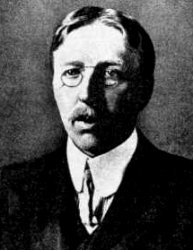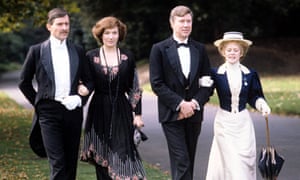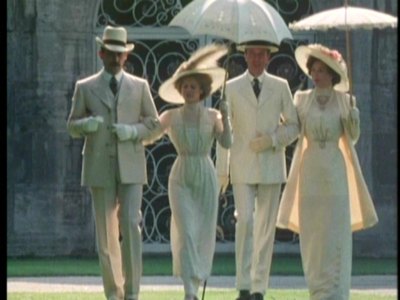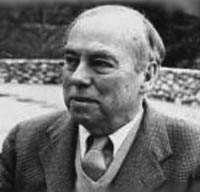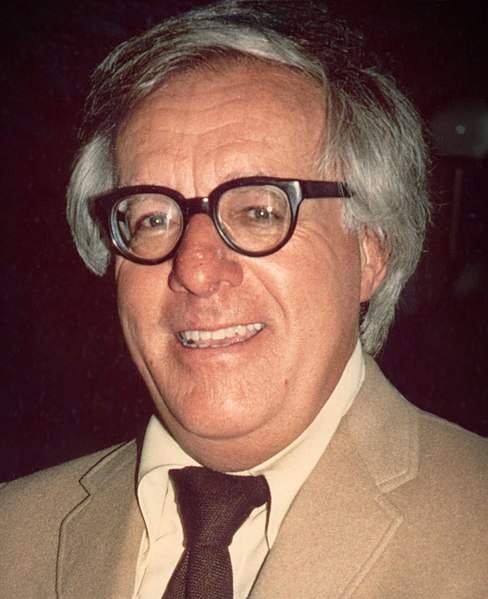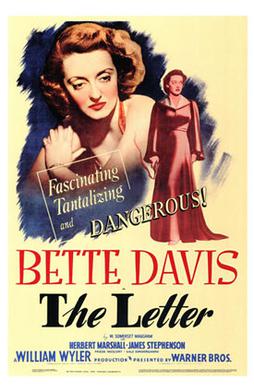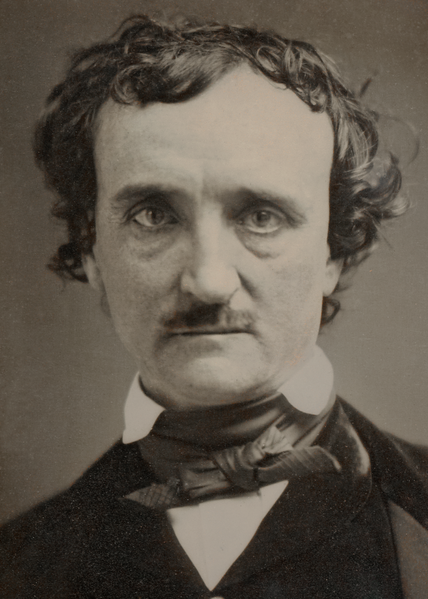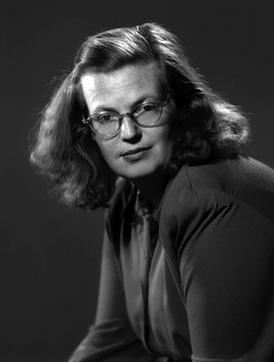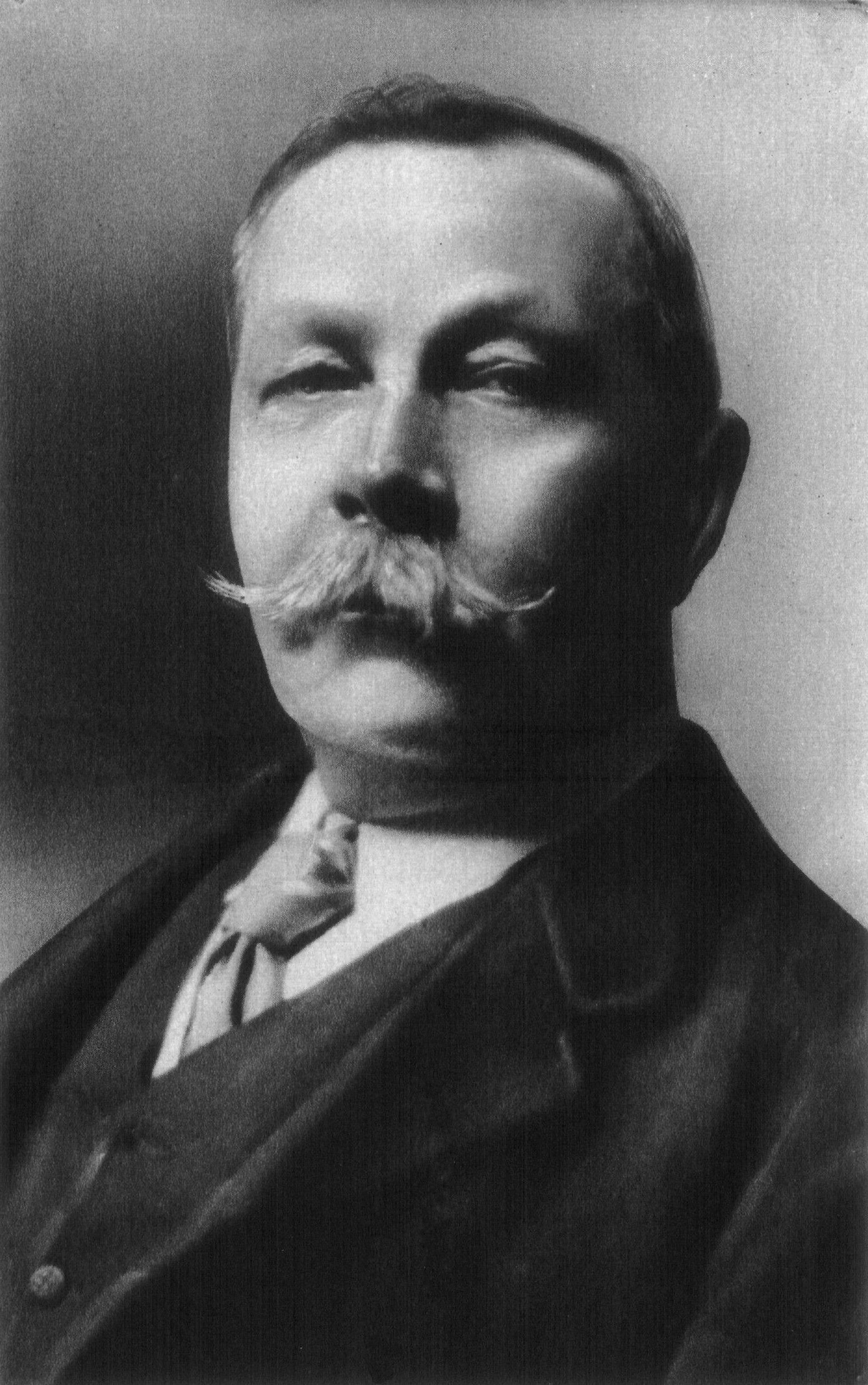 |
| Jeff Baker |
As Halloween wraps up, we bring you…Jeff Baker, a columnist for Queer Sci Fi, has been a truck driver, a stand-up comic, a medical courier and a full-time writer. He has been published in Sherlock Holmes Mystery Magazine, Amazing Stories and the Crippen and Landru blog among other places. He lives with his husband Darryl in Wichita, KS.
— Velma
Pons, Derleth and Me
or
The Adventure of the Icy Apocalypse
by Jeff Baker
“And bring your revolver, Parker…” —Solar Pons
Way back around 1928 one legend gave birth to another.
This was when a college kid named August Derleth wrote to Arthur Conan Doyle asking if there were going to be any more Sherlock Holmes stories, and if not, could he try writing some? Doyle’s answer was “no” to the former and vague on the latter, so Derleth created his own version: Solar Pons, the Sherlock Holmes of Praed Street. A Pastiche, a loving version of the original who has taken on a life of his own and even outlived his creator.
Derleth, a fine and prolific writer began writing (and selling!) Solar Pons stories almost immediately, reportedly writing three in one day, and soon there were enough Pons stories for a book, In Re: Sherlock Holmes, and more stories kept coming. Pons has his chronicler, Dr. Lyndon Parker and his landlady Mrs. Johnson as well as his address on Praed Street, whereas Holmes, Dr. Watson, and Mrs. Hudson resided at the famous address on Baker Street.
Derleth would become far better known as the co-founder of Arkham House, created initially to publish the work of his late friend, the horror writer H.P. Lovecraft. Arkham House went on to publish works of Ray Bradbury, Robert E. Howard, Ramsey Campbell and others. After Derleth’s 1971 death, Arkham House continued publishing with James Tiptree Junior, Lucius Sheppard, and Brian Lumley among its authors.
Derleth’s own work in the horror and fantasy field is worth a look as is his neglected poetry and regional writing focusing on the Sauk City region of Wisconsin where he spent his life.
Solar Pons didn’t have an early influence on me, but August Derleth did. I was in grade school during the original run of Rod Serling’s Night Gallery, the early 70s television anthology of spooky tales, which adapted stories by Lovecraft and Derleth among others. Our local station aired it on Saturday nights (where SNL is now) and followed it with a couple of reruns of Serling’s Twilight Zone. Heady stuff for an eleven year old, especially one who didn’t realize how much he was being influenced by authors whose names he’d never heard.
Some twenty years later I got curious about some of the authors whose names had stuck in my head and started seeking out their work in anthologies and basically teaching myself to write fiction. Horror stories by Derleth, Robert Bloch, Charles Grant, Manly Wade Wellman and others. I think I learned something about writing and have published about twenty-five stories and written a few hundred more.
About three years ago, Derrick Belanger of Belanger Books put out a call for stories of August Derleth’s Sherlock Holmes-type detective Solar Pons squaring off against the eldritch evils of Lovecraft’s Cthulhu Mythos. Appropriate as Derleth added to the Cthulu Mythos himself with stories of his own. I had been reading the Arctic stories of Edgar Alan Poe and Arthur Conan Doyle, and I remembered Lovecraft had set a horror story at the top of the world so I jumped at the chance to write one of my own.
The resulting story, “Solar Pons and the Testament in Ice” was published in the Belanger Books anthology The Necronomicon of Solar Pons, in 2020.
The story involves Pons and Dr. Parker investigating a series of disappearances connected to an exhibit of artifacts brought back from the arctic. This leads to the power of a long-dormant entity whose plans could endanger the very Earth.
Of course, I had to conjure up my own Lovecraftian Old One (copyright, you know) and I came up with the ancient T’iabbas the Ravager, whose power is felt throughout the story, but who makes few actual appearances. I was familiar enough with the era of the story, 1930s London, in that blissful haze between wars but some of the other background required plenty of research. Research which was (I admit) fun to do.
There were a few things I knew I was going to include in the story; a reference to Pons’s brother Bancroft; Pons’s habit of “smoking abominable shag”, and Pons was going to have to ask Parker to bring his revolver into the fray, something Holmes usually didn’t ask Watson to do.
One of the challenges was in finding out how long it would take to fly from London to the Arctic Circle in the early 1930s. Another was in finding out about Dutch exploration in the early 1600s.
As for the prose, I spent time re-reading some of Derleth’s Solar Pons stories so my story would have the authentic style. I also had to fake a Seventeenth-Century Dutch manuscript.
And then I had to conjure up an unearthly horror…
I’ve made it a practice to donate signed copies of anthologies that I have stories in to the annual fundraising auction at my alma mater, Newman University in Wichita, Kansas, and a few weeks after this year’s auction a writer named Lindsey Giardino contacted me, wanting to interview me for the Newman University newsletter. Following a few exchanges of e-mails, the resulting article appeared online in early October of 2021.
Focusing more on my years at what was then called Kansas Newman College, and the idea of perseverance for writers (and others) “Newman Alumnus Publishes Short Story” has received notice from friends online as well as people I went to school with back in the days when I was saying that I “majored in Communications with a concentration in Journalism and beer.”
It was during a semester at Newman when I had classes where all the work was in class that I read through an anthology of Doyle’s Sherlock Holmes stories as well as Stephen King’s first collection “Night Shift” over several evenings, probably around 1981, and started thinking I wanted to write fiction myself. When my planned career as a journalist fell through and I landed a job as a delivery driver and eventually began writing and submitting (and selling!) stories in my spare time.
With the Solar Pons story, it seems to have come around full circle.
I always enjoyed Derleth’s original Solar Pons stories as well as Basil Copper’s continuations of the canon, and it was a genuine thrill to be able to have my own contribution published between covers.
 |
| author at work |
But…
I’m hardly the World’s Greatest Detective: Proofreading the manuscript I found I had slipped a couple of times and called Pons “Holmes” and Parker “Watson.”




